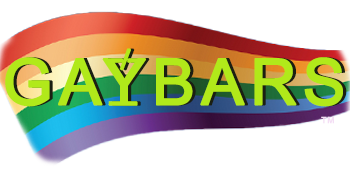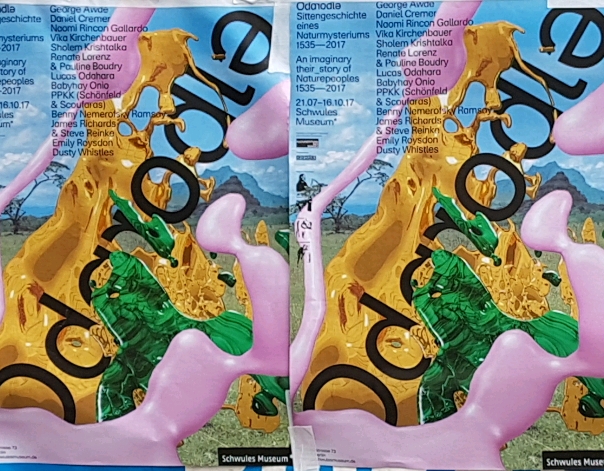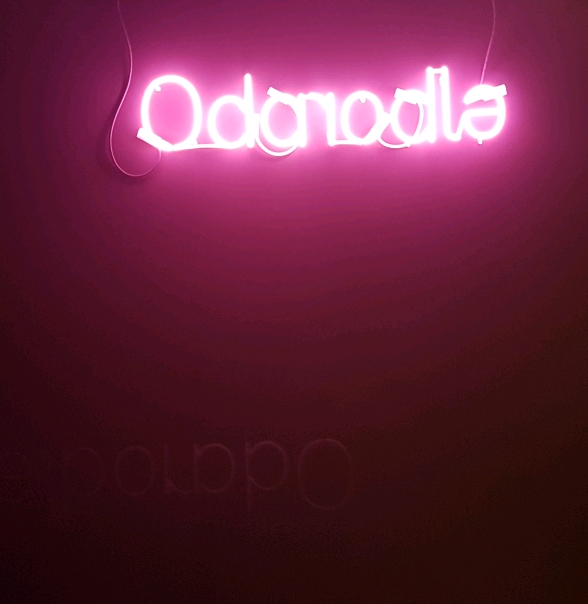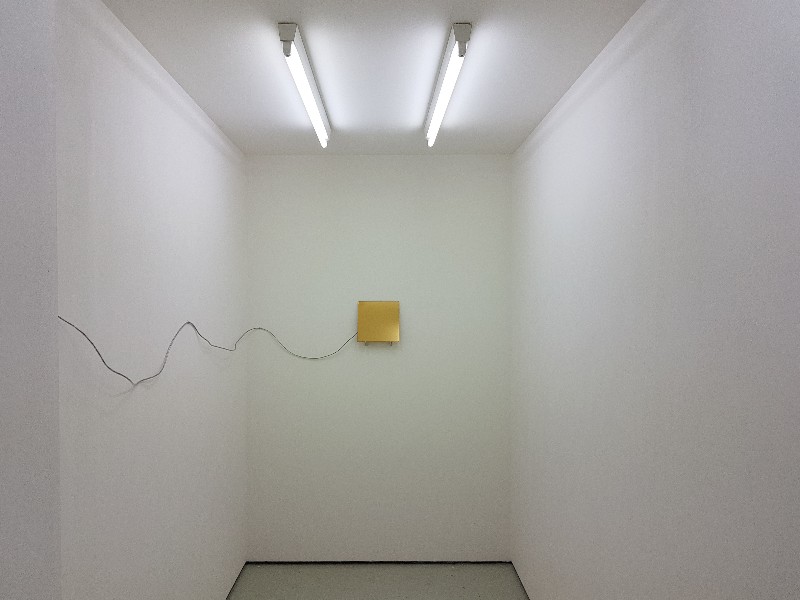The exhibition Odarodle in Schwules Museum Berlin
The artistic research exhibition Odarodle – an imaginary their_story of naturepeoples, 1535-2017 casts, for the first time, a postcolonial perspective on the collection and history of the Schwules Museum *. The exhibition proposes a thought-exercise: that there are problematic associations between the museum representation of gays and the ethnological display formats developed over the course of European colonialism. Odarodle presents the work of 16 artists, mostly Berlin-based, including 10 newly commissioned pieces. These contemporary positions respond to the Museum, its archive, and its practices as both research material and aesthetic medium.
Odarodle specifically turns 'Eldorado' backwards. As a site of multiple origins, it is a threefold reference: an historical exhibition, a legendary night club, and a colonial myth. Though the commitment of the Schwules Museum* to enable LGBTIQ cultural visibility bespeaks a greater political agenda of liberation, the contemporary relevance of such a (self-)representational undertaking requires revision and reflection. A more expansive, less obvious scale of critical engagement, as proposed by Odarodle, considers the deeper operations within Modernity that have attempted to exhibit forms of life, their bodies, and their habitats. This is where the desire to show the manners and mores of a kind of “people” and their “nature” confronts the postcolonial challenges of the ethnographic museum: a site that has historically sought to visualize the existence of the 'Other' and, in doing so, maintains the 'Other' as a normative construction.
The project's primary point of departure is the seminal exhibition Eldorado: Gay Frauen und Männer in Berlin 1850-1950 – Geschichte, Alltag, und Kultur, which opened in 1984 at the Berlin Museum in West-Berlin and is considered by the Schwules Museum* as its institutional origin. Documents, photographs, prints, and paintings were displayed in vitrines and on thematically-arranged presentation boards, while specific 'environments' were recreated with everyday objects to convey atmospheres – the gay boudoir, the lesbian café, the Tiergarten cruising area.
The 1984 exhibition’s title was a reference to the 'original' Eldorado cabaret, the first of which opened on Martin-Luther- Strasse in Berlin in 1926, with a second venue established in 1928 on the corner of Motzstrasse and Kalckreutstrasse. The night club was famous for its extravagant 'Travestie' shows, where men dressed up and performed as women. The Eldorado was a sexually and politically diverse meeting point, where locals as well as expats would congregate and celebrate. In this sense, Eldorado became a symbolic habitat for the city's queer natives, soon to be persecuted as 'degenerate' – contrary to Nature – with the Nazi rise to power.
other News of Berlin
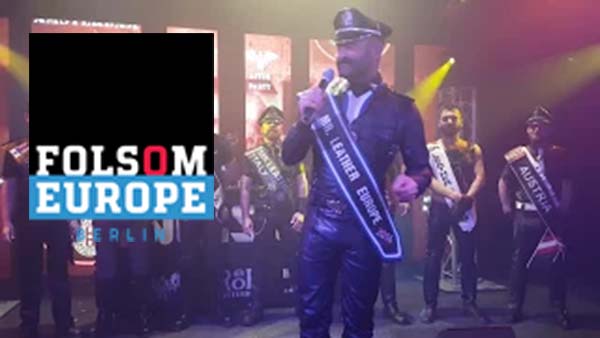
FOLSOM EUROPE 2023 - 20th edition
The 20th edition will take place on Saturday September 9th, 2023 from 12:00-21:00 on Fuggerstr./Welserstr. We expect the street fair to be for all kind of f*tish people .
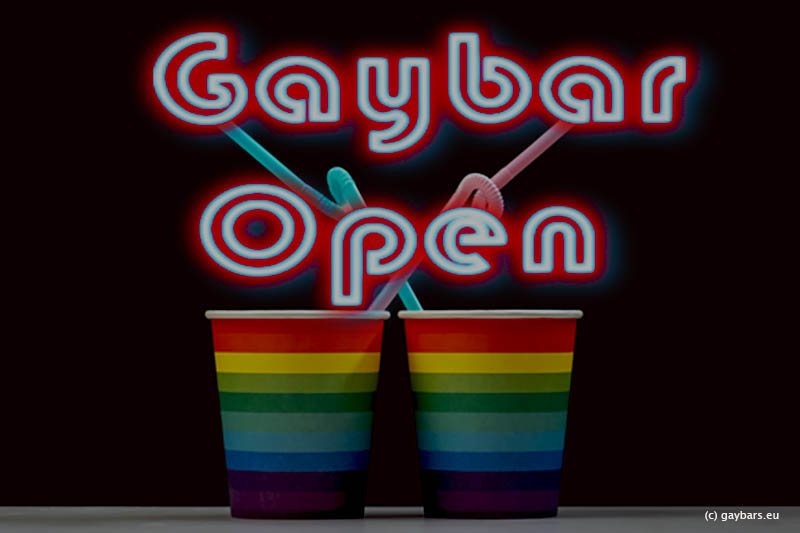
Life starts again - gaybars are open
It is early July allready and we wanna give you an update on the preparations for opening of the gaybars and clubs in Europe.Live is back and we all cannot wait to celebrate with our friends and enjoy the summer , but with care. The borders are open with conditions , we have the Vacinitation Travel Passport . Life starts again .
